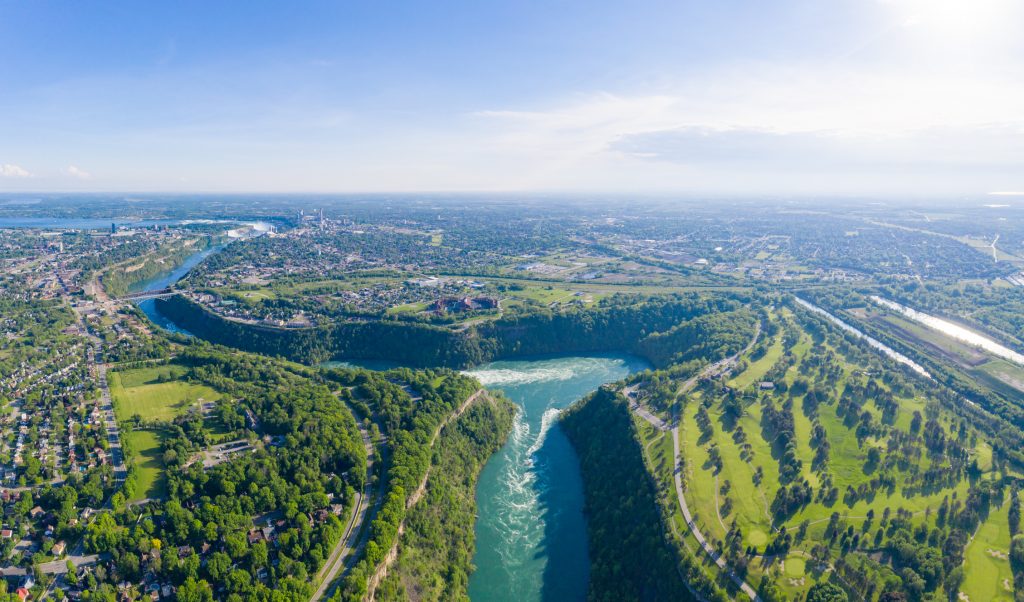Niagara College Land Acknowledgement
Niagara College acknowledges the land on which we gather is the traditional territory of the Haudenosaunee and Anishinaabe peoples, many of whom continue to live and work here today. This territory is covered by the Upper Canada Treaties and is within the land protected by the Dish With One Spoon Wampum agreement. Today this gathering place is home to many First Nations, Métis, and Inuit peoples and acknowledging reminds us that our great standard of living is directly related to the resources and friendship of Indigenous peoples.

Learn More
Why do we say a Land Acknowledgement?

“For me, a land acknowledgment is two-fold; it’s an opportunity to begin your class or event by situating yourself as a settler and acknowledging the fact that Canada is situated on Indigenous land, while also being a way to recognize and honour First Nations, Métis, and Inuit students, faculty, and staff at the college.
A land acknowledgment can also be a starting point for discussions and reflection around treaties, settler colonialism, and the types of knowledges we are using in the classroom. In terms of Truth and Reconciliation, I would consider a land acknowledgment a first step in learning about Canada’s history and a small way of acknowledging the systemic oppression that came with Canada’s creation.
Finally, I would like to think that, if done correctly, a land acknowledgment can represent a commitment; a commitment to reflecting on and understanding our roles and responsibilities as settlers, a commitment to being open to learning from Indigenous peoples, a commitment to thinking more deeply about the curriculum and pedagogy we use, and a commitment to work actively to address the Truth and Reconciliation Commission of Canada (TRC) — ‘Calls to Action’.”
Indigenous Education at Niagara College
Niagara College is firmly committed to developing new and better ways to meet the growing needs of Indigenous students. The CAE has worked in partnership with Indigenous Education@NC to provide the list of resources below to in order to continue to provide support and education for faculty on the various ways that we can support Indigenous students at NC. Please feel free to contact either Centre if you have any questions about the following resources or if you would like to continue the conversation on supporting Indigenous students.
Please note that the following resources are focused on teaching and learning. For resources on traditional teachings, residential schools, cultural safety, medicines and sacred items, elder protocol, among other topics, please contact Indigenous Education@NC.
The Learning Portal
The Learning Portal provides shared access to resources from all Ontario Colleges. It’s an open learning collaboration between Ontario College Libraries (including NC Libraries), created to support both students and teachers with many shared resources. The Faculty Toolkit hub offers information and resources on indigenous inclusion. While on the site, you can browse through sections on teaching resources, terminology, multimedia resources, as well as links to various college Indigenous support Centres in Ontario.
